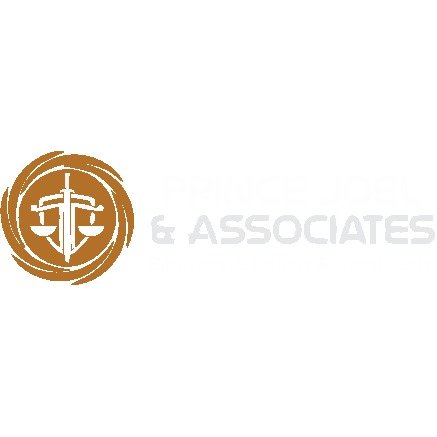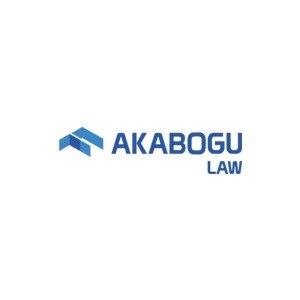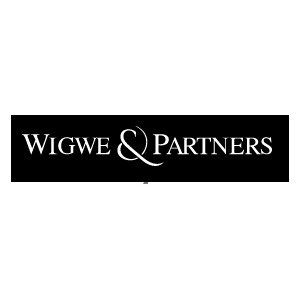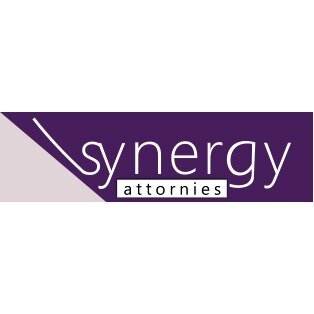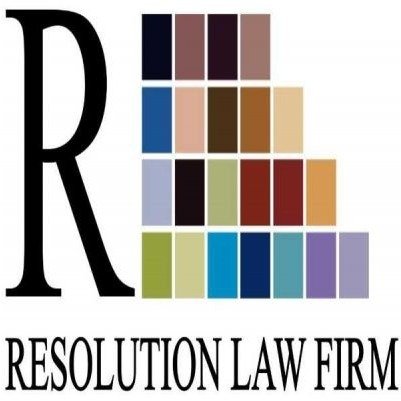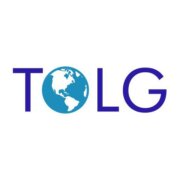Best Public-Private Partnerships (PPP) Lawyers in Lekki
Share your needs with us, get contacted by law firms.
Free. Takes 2 min.
List of the best lawyers in Lekki, Nigeria
About Public-Private Partnerships (PPP) Law in Lekki, Nigeria
Public-Private Partnerships, commonly known as PPPs, are cooperative arrangements between government entities and private sector companies to finance, build, and operate projects such as infrastructure, public services, and utilities. In Lekki, Nigeria, PPPs have become essential for development, particularly in areas like transportation, urban development, housing, water supply, and waste management. Lekki, known for its rapid urban growth and commercial significance, relies heavily on PPPs to bridge funding gaps and leverage private sector expertise for delivering public goods and services efficiently.
Why You May Need a Lawyer
Entering into a Public-Private Partnership in Lekki comes with legal obligations and complex arrangements. You may need a lawyer in situations such as:
- Drafting, reviewing, or negotiating PPP contracts to protect your interests and minimize risks
- Understanding regulatory requirements and ensuring compliance with relevant laws in Lagos State and Nigeria
- Managing disputes or renegotiating terms if issues arise during project implementation
- Guidance on government procurement processes, tendering, and bidding for PPP projects
- Protecting or enforcing your rights as either a private investor or a public entity
- Receiving legal advice on land acquisition, environmental regulations, and community impact
A lawyer helps you navigate the complex legal landscape, avoid costly mistakes, and achieve desired outcomes in any PPP arrangement.
Local Laws Overview
Public-Private Partnerships in Lekki are governed by a combination of federal laws, Lagos State laws, and sector-specific regulations. The Nigerian Infrastructure Concession Regulatory Commission Act (2005) provides the overall legal framework for PPPs at the federal level. In Lagos State, the Lagos State Public-Private Partnership Law (2011) establishes guidelines for planning, procurement, bid evaluation, contracting, and monitoring PPP projects.
Some key legal considerations include:
- PPP projects must undergo due process, including competitive bidding and transparent selection procedures
- Contracts must reflect risk-sharing, responsibilities, and dispute resolution mechanisms clearly
- Compliance with environmental impact assessments and community engagement mandates is required
- Land ownership and title issues in Lagos State, including Lekki, must be properly addressed
- Tax incentives, government guarantees, and revenue-sharing provisions may apply under certain conditions
- Regular project audits and performance monitoring are mandated to ensure accountability
Understanding these local laws is critical to secure, successful PPP implementation in Lekki.
Frequently Asked Questions
What is a Public-Private Partnership (PPP) in Lekki?
A PPP in Lekki is a legally structured collaboration between a public agency (such as a government ministry, department, or local government) and a private company for the financing, development, and management of public infrastructure or services.
Who regulates PPP agreements in Lekki, Nigeria?
PPP agreements in Lekki are regulated by both federal bodies like the Infrastructure Concession Regulatory Commission and state institutions such as the Lagos State Office of Public-Private Partnerships.
What types of PPP projects are common in Lekki?
Common PPP projects in Lekki involve infrastructure construction (roads, bridges), real estate development, water supply, waste management, and public transport services.
What are the key stages in a PPP arrangement?
The typical stages are project identification, feasibility studies, procurement (bidding and tendering), negotiation and contracting, implementation, and monitoring.
How are disputes resolved in PPP arrangements?
Disputes are usually resolved through negotiation, mediation, arbitration, or, if necessary, litigation according to the terms set in the PPP contract and relevant laws.
Are foreign companies allowed to participate in PPPs in Lekki?
Yes, foreign entities can participate, provided they comply with Nigerian legal requirements on registration, local content, and other regulatory obligations.
What are risk-sharing provisions in PPP contracts?
Risks such as financial, operational, legal, and force majeure are typically allocated between parties based on their capacity to manage those risks, as outlined in the contract.
Do PPPs in Lekki require environmental assessments?
Yes, most PPPs especially those involving construction or resource use must undergo environmental impact assessments as mandated by federal and Lagos State laws.
What happens if a PPP project fails to meet performance standards?
If a project underperforms, the contract may include penalties, step-in rights for the government, or even termination clauses to safeguard public interest.
How long do PPP contracts typically last in Lekki?
PPPs can have varying durations, with contracts ranging from 5 to 30 years or longer, depending on the nature and capital intensity of the project.
Additional Resources
For more information and assistance regarding PPPs in Lekki, consider the following resources:
- Lagos State Office of Public-Private Partnerships - Responsible for coordinating PPP projects within Lagos State
- Infrastructure Concession Regulatory Commission (ICRC) - Federal body regulating infrastructure PPPs nationwide
- Lagos State Ministry of Justice - Provides legal opinions and oversight on contractual compliance
- Nigerian Investment Promotion Commission - Offers advice and incentives for domestic and foreign investors in PPPs
- Nigerian Bar Association, Lagos Branch - Can help with referrals to experienced PPP lawyers
Next Steps
If you are considering entering into a PPP in Lekki or need guidance on an existing partnership, it is wise to consult a lawyer with experience in PPP and Nigerian business law. Gather all relevant documents, identify your main concerns or objectives, and be prepared to discuss your expectations. A legal expert can review your situation, clarify your obligations and rights, assist with negotiations, and represent you in any potential disputes or regulatory matters. Taking these steps can save time, money, and ensure your investment or project proceeds smoothly under the law.
Lawzana helps you find the best lawyers and law firms in Lekki through a curated and pre-screened list of qualified legal professionals. Our platform offers rankings and detailed profiles of attorneys and law firms, allowing you to compare based on practice areas, including Public-Private Partnerships (PPP), experience, and client feedback.
Each profile includes a description of the firm's areas of practice, client reviews, team members and partners, year of establishment, spoken languages, office locations, contact information, social media presence, and any published articles or resources. Most firms on our platform speak English and are experienced in both local and international legal matters.
Get a quote from top-rated law firms in Lekki, Nigeria — quickly, securely, and without unnecessary hassle.
Disclaimer:
The information provided on this page is for general informational purposes only and does not constitute legal advice. While we strive to ensure the accuracy and relevance of the content, legal information may change over time, and interpretations of the law can vary. You should always consult with a qualified legal professional for advice specific to your situation.
We disclaim all liability for actions taken or not taken based on the content of this page. If you believe any information is incorrect or outdated, please contact us, and we will review and update it where appropriate.



